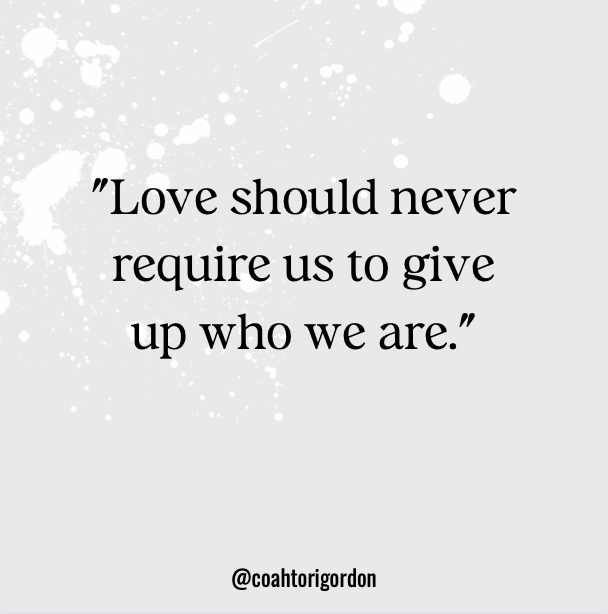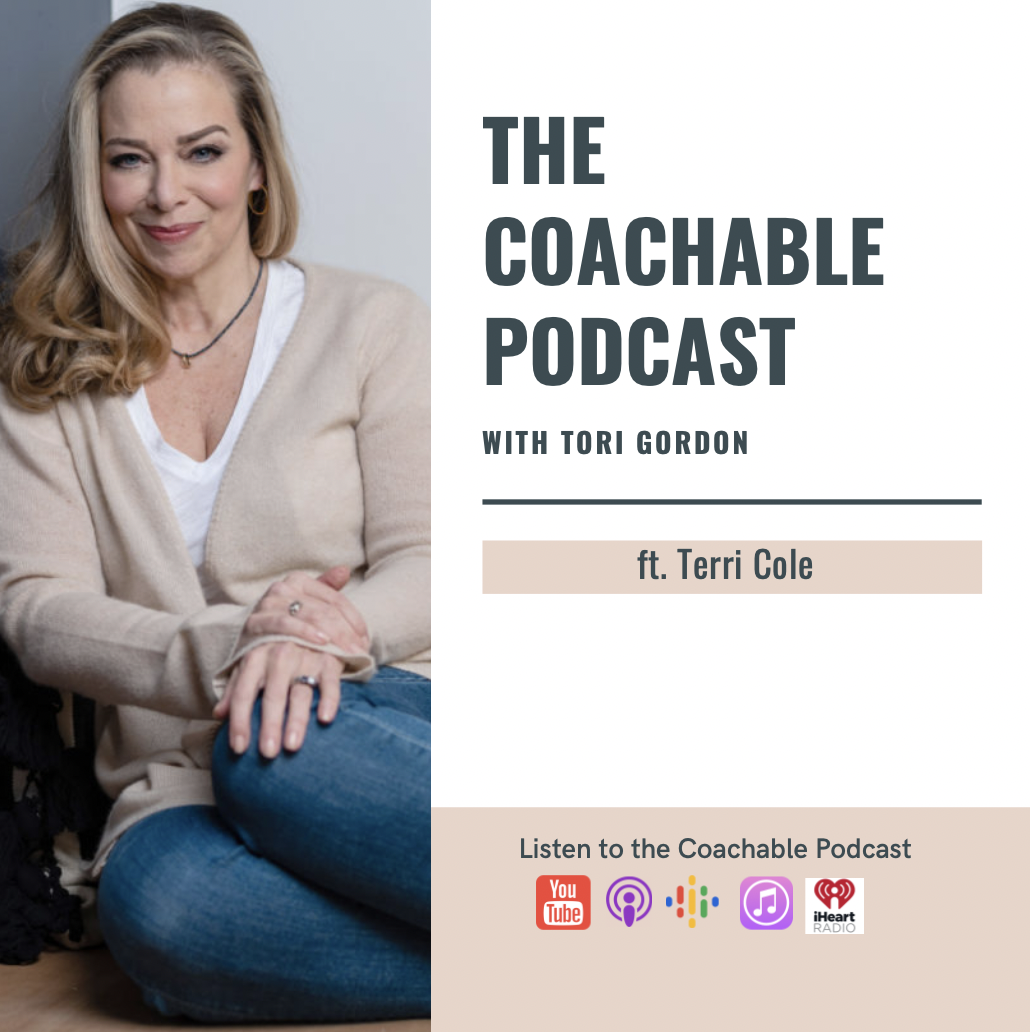How to Set Boundaries Without Being Controlling
Do you have a hard time saying no? Are you afraid of upsetting others with your preference? You might be struggling from codependency.
While it’s admirable to want to help others, being codependent can actually be harmful to both you and the people you’re trying to help.
You might feel like you have to say “yes” when someone asks for your help, even if it means sacrificing your own time and energy. Or maybe you find yourself getting wrapped up in other people’s problems, even when they haven’t asked for your help.
Terri Cole, a licensed psychotherapist, global relationship and empowerment expert, and author of Boundary Boss, shares with us the importance of asserting our preferences in building healthy relationships. She tells us that we have to know our “non-negotiables” and be able to communicate them.
It can be tough to set boundaries without being controlling.
Many codependent persons struggle with this because they don’t want to feel like they’re pushing people away. However, setting healthy boundaries is important for your physical, mental, and emotional health. Here are a few tips on how to do it effectively.
What is causing you pain?
Do you feel like you’re constantly bending over backwards to please others?
You’re not alone. Many people go through life feeling like they have to walk on eggshells in order to avoid upsetting anyone. But there’s a better way.
The first thing you can do is do a resentment inventory. That means taking a look at the relationships, people, and circumstances that are causing you pain. Once you know what’s causing your pain, it becomes much easier to address it head-on.
Love ≠ Sacrifice
It is ingrained in us to think “I have to self-abandon and sacrifice my needs and desires for those that I love.”
This isn’t what love is about.
Love should never require us to give up who we are.
You are deserving of love, just as you are. You can be kind, loving, and generous without sacrificing yourself. You can be exactly who you are and still receive all the love you deserve.
You alone have the power to change the way you think about love and create a new paradigm for relationships.
Disorder Boundaries

Codependency is being overly invested in the feelings, decisions, outcomes, and circumstances of the people in your life to the detriment of your internal peace—your physical, financial, and emotional well-being.
The very nature of codependence is disorder boundaries.
We’re all lovers. Of course we’re invested in the happiness of the people we love—that’s normal. But doing it to the degree that is negatively impacting your inner peace, that is codependency.
Saying ‘No’ Made Easier
You might be having codependency problems if you are an “insta-yes” person.
What really happens when you’re saying “yes” when you want to say “no” is that the people in your life, especially those you want to be closest to, will not know you. How can anyone authentically love you if you never allow that person to authentically know you?
Terri shares these 3 amazing tips that will make it easier for you to say “no” when you want to:
- For 7 days, don’t give people immediate answers for anything.
- Train them to expect that you’re going to think about it.
- When you know you can’t do it, you don’t have to say no right away. You say, “Let me check and see what I have. I’ll get back to you tomorrow.”
It’s so much easier to give an authentic “no” when you haven’t already given a reaction or a “yes” yet. But you also have to remember that there is a huge difference between convincing someone that you have the right to say no and providing context in a relationship that really matters.
So providing context means “I don’t want to just say “no” because I want them to understand me more deeply.”
Other people’s situations are not your responsibility.
Let’s say your friend comes up to you with a problem. The urgency within you to fix what’s happening to your friend will tell you how codependent you are.
It’s one thing to be compassionate, like “how can I support you right now?”, and it’s another to make it your problem.
For a lot of us, we think it’s admirable and noble to go out of our way to help them. And so we’ve convinced ourselves that we’re being a good friend or being loving. This makes it harder for us to see that this is manipulation or control in a way.
The first rule of not being codependent is to stop the auto-advice giving.
If your friends come with a problem, you have faith that they are the boss of themselves and that they are fully competent and capable of making their own decisions.
Self-love is not an emotion—it’s a lifestyle.
Codependency, high or low functioning, through emotional manipulation and self-abandonment, is exhausting. It’s when you already have everything, but you still feel empty.
“Am I giving out of fear of rejection?” or “Am I giving out of self-love?”
How much you love and value yourself is evidenced in your daily life—your relationships, boundaries, how much you speak up, and how much you tell the truth about something that doesn’t work for you.
We are valuable not because of what we do nor because of the value we add to the life of others. We are inherently valuable just by virtue of being alive. And how do you live a life of fulfillment and happiness? Setting healthy boundaries.
Boundaries are the bridge to deeper intimacy and more love.
If you’re craving for more helpful tips from Terri Cole, just visit her website at https://www.terricole.com/ and don’t forget to grab a copy of her book, Boundary Boss! Stay tuned for another fun podcast and more Coachable episodes!
March 10, 2022
